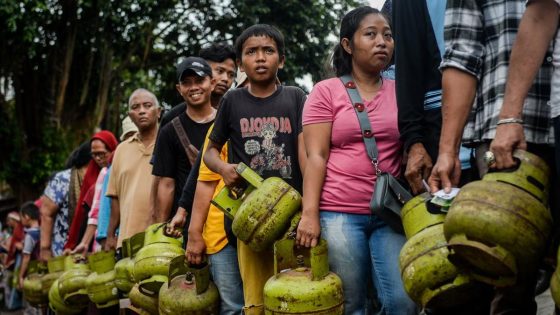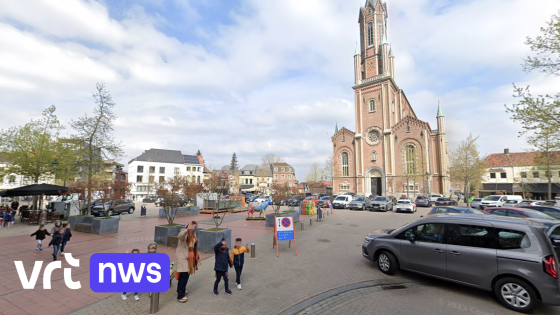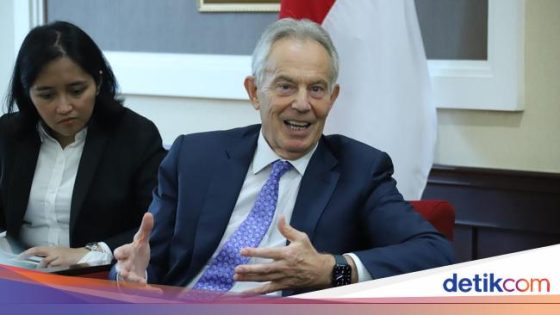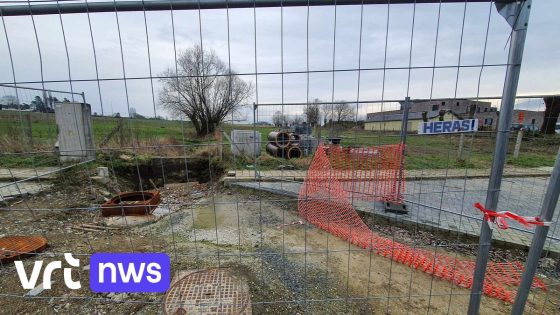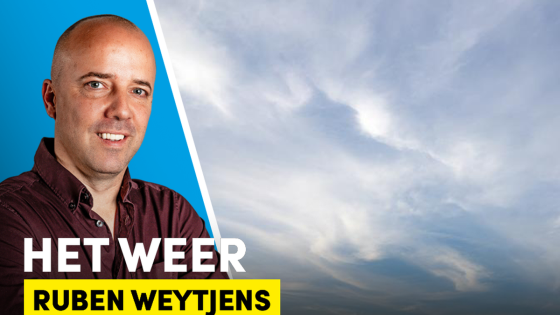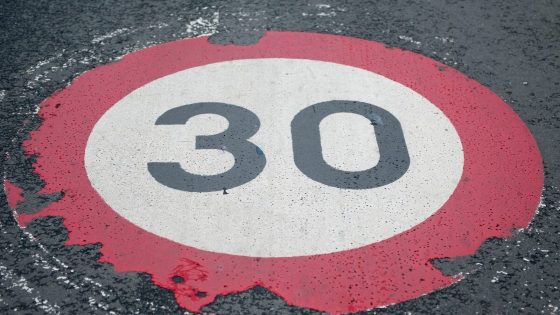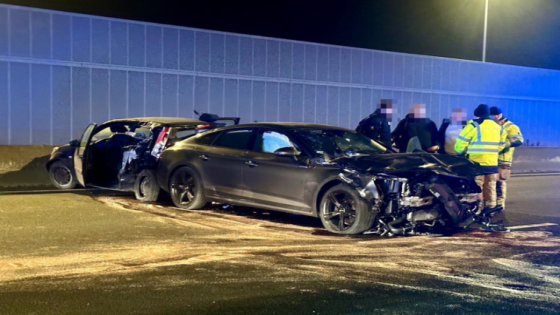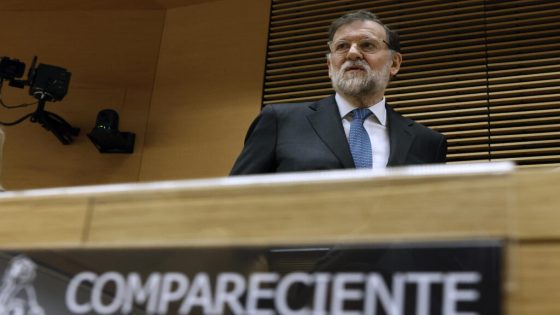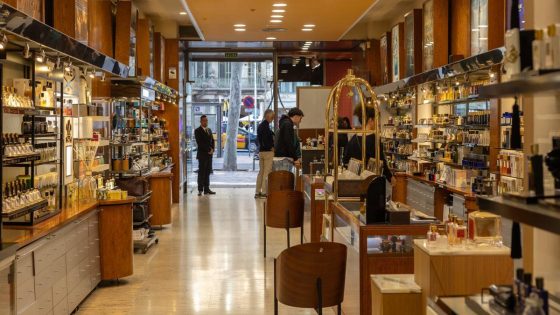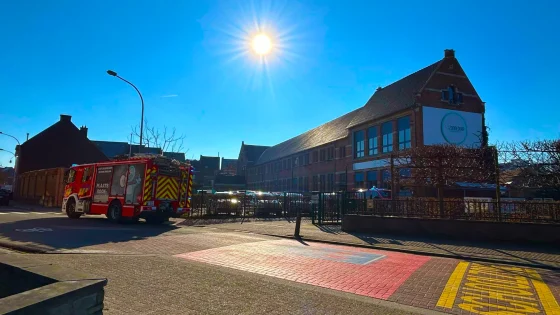The Indonesian government has announced a ban on retail sales of 3 kg LPG gas, aiming to ensure subsidies reach the intended recipients. This decision, effective February 1, 2025, has sparked concerns about accessibility for low-income households. Will this policy truly make subsidies more effective, or will it create more obstacles for those in need?
- Government bans retail sale of LPG 3 kg.
- Transition to official distribution points required.
- Long queues observed at official agents.
- Critics argue it complicates access for poor.
- Call for better socialization of policies.
- Advocates suggest gas pipeline infrastructure development.
Indonesia‘s Ban on Retail LPG Sales: What You Need to Know
Why is the government taking this drastic step? The aim is to eliminate price inflation and streamline the distribution of subsidized gas. However, many are questioning whether this will truly benefit the intended recipients or just complicate access.
Impact of the LPG Ban on Low-Income Households
The ban on retail sales of 3 kg LPG is expected to cause long queues at official agents, as many consumers are not registered for subsidies. This shift may disproportionately affect those who rely on local shops for their gas needs, leading to increased difficulty in obtaining this essential resource.
Challenges Faced by Consumers Under the New Policy
Consumers may face several challenges as a result of this policy:
- Longer wait times at official agents.
- Increased transportation costs to reach agents.
- Strict requirements for purchasing gas, such as showing ID.
- Potential confusion about subsidy eligibility.
Experts Weigh In on the LPG Policy
Many experts argue that this policy could harm low-income families who depend on affordable gas. They suggest that the government should focus on improving the distribution system rather than restricting access to local sellers. This could lead to a more equitable solution that ensures everyone can access the gas they need.
Future Considerations for Indonesia’s Energy Policy
As the government moves forward with this ban, it is crucial to consider alternative solutions. Expanding access to gas pipelines or improving the registration process for subsidies could help alleviate some of the burdens on low-income households. How will the government balance cost-cutting measures with the needs of its citizens?
In conclusion, the ban on retail sales of 3 kg LPG in Indonesia raises significant concerns about accessibility and fairness. As the government implements this policy, it will be essential to monitor its impact on low-income families and consider adjustments to ensure that subsidies serve their intended purpose.



